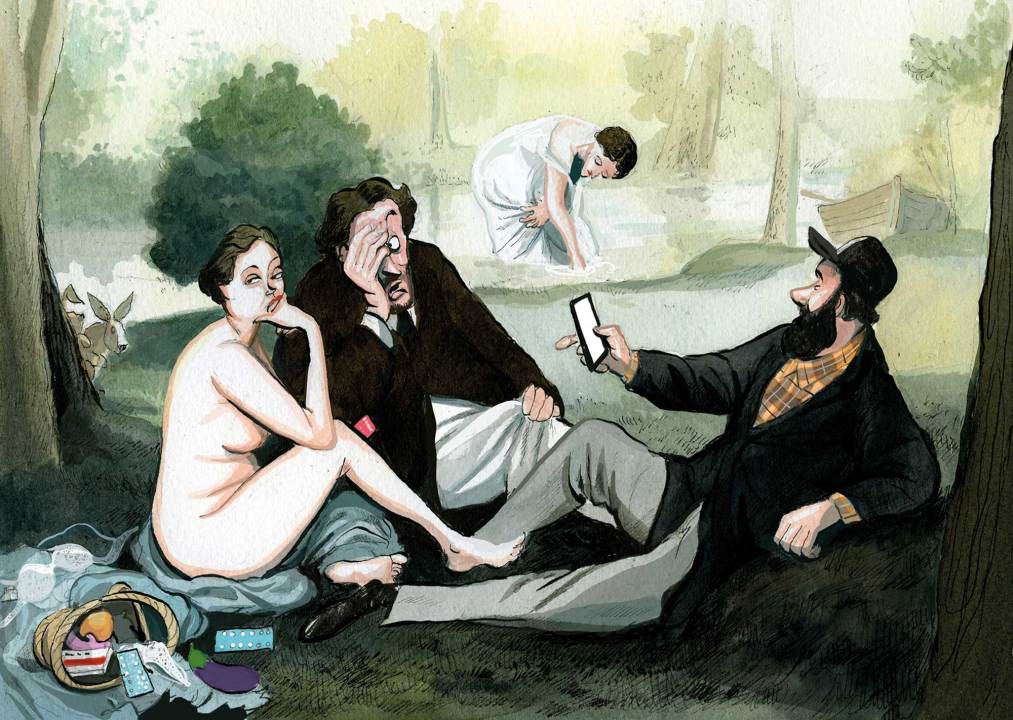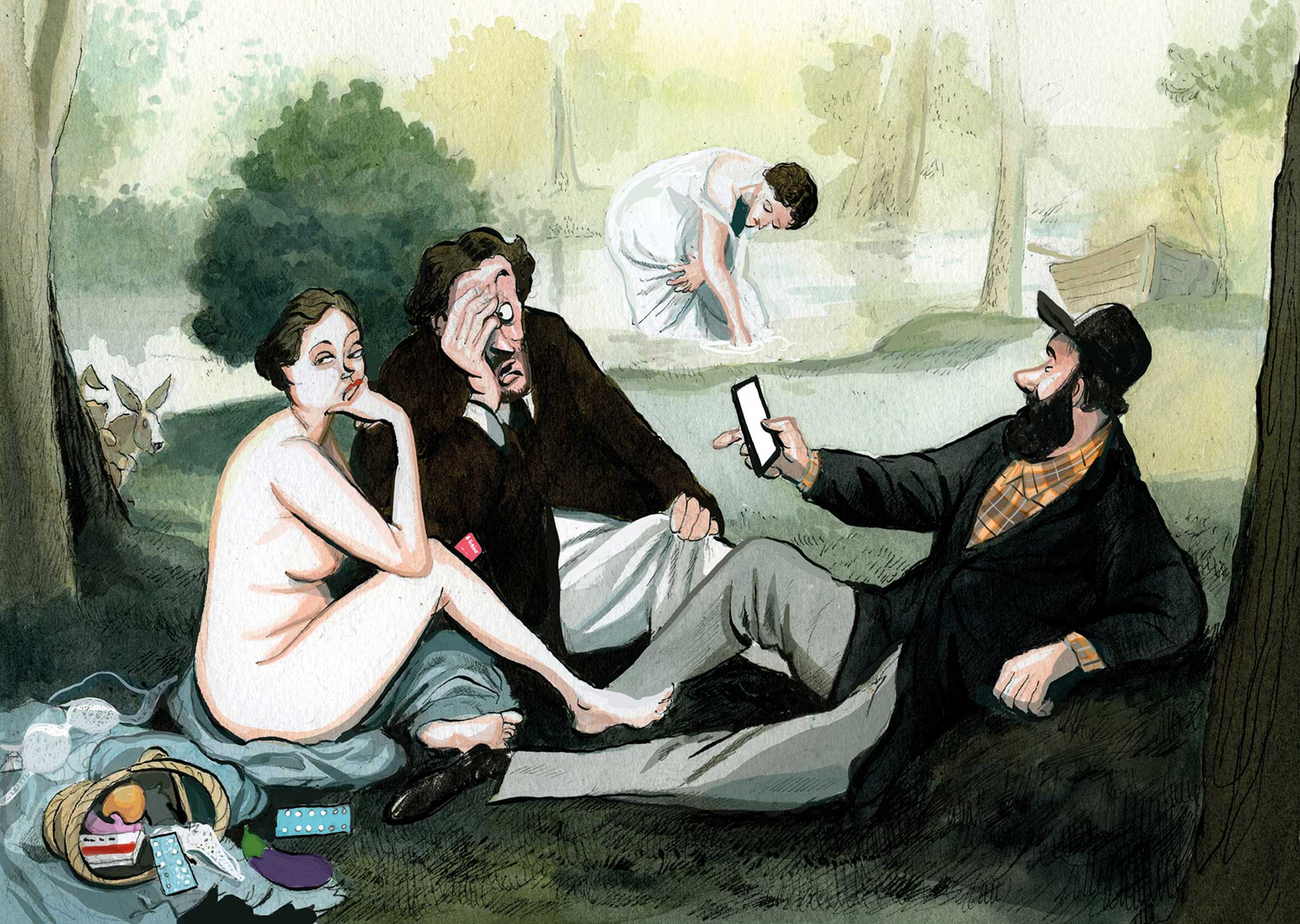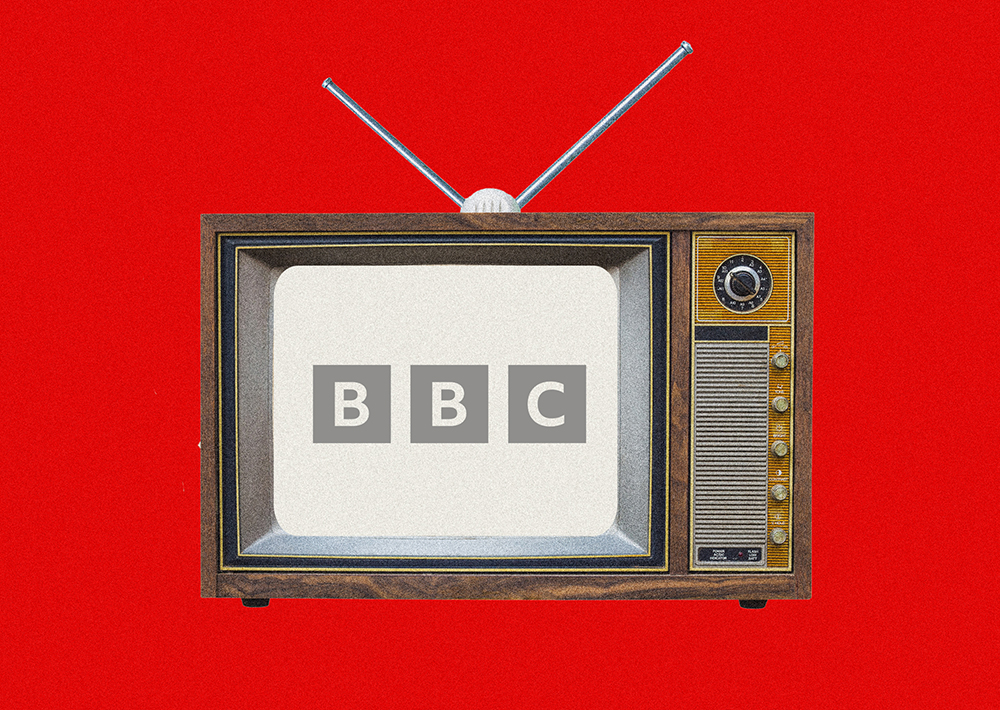
There is an adage, attributed to author Robert Heinlein, that every generation thinks it invented sex. This often means finding a ‘new’ way to conduct relationships. For my generation, the millennials, this came in the guise of polyamory. Sometimes known as an open relationship or ethnical non-monogamy, polyamory is the practice of dating and having sex with people other than your partner. It became fashionable in the 2010s and is now more popular than ever.
Of course, open relationships have existed forever, and I’m sure the French would be furious at any suggestion that extramarital sex was invented by my lot. But we did usher in a specific style of open relationship: finding the most verbose way possible to bed multiple people and then writing personal essays about it or devoting Instagram accounts to our alternative life choices.
Using someone else’s youth and libido to improve my own sex life feels a bit vampiric
A recent victim – for that, surely, is the word – of the polyamory epidemic is the singer Lily Allen. Her new album, West End Girl, recounts in agonising detail the breakdown of her marriage – an open relationship – to the actor David Harbour. In the song ‘Madeline’, she sings: ‘How long has it been going on?/ Is it just sex or is there emotion?/ He told me it would stay in hotel rooms/ Never be out in the open/ We had an arrangement.’
If Allen’s songs aren’t enough to put you off an open relationship, let me add a few more points. I was polyamorous for five years in my late teens and early twenties. I bored people at dinner parties about why monogamy isn’t ‘natural’, about how jealousy is an emotion you can govern, about how love should be multiplied, not divided. At times I almost believed it.
But the thing you come to realise about polyamory is that it necessarily prioritises organisation of sex. Balancing a social calendar between two people is hard enough; each person you add ups the strain.
There is an inherent imbalance in an open relationship. The familiarity of a long-term love can’t compete with the butter-flies of a new partner. So the idea of being able to enjoy no-strings-attached sex with a stranger alongside the comfort of a stable marriage is a nice one; in reality, while affection might not be a limited resource, hours in the day are. Time is how we spend our love, writes Zadie Smith, and the moment we start giving significant amounts to someone who isn’t our other half, we’re in choppy waters.
Open relationships are also incompatible with having a family. There aren’t enough hours in the week to manage a career, children and dates with multiple people, let alone sleepovers. And it would require either lying to your children, or raising them in a world where Mummy is snogging Uncle Steve. Then try explaining to your child’s teacher why their family portrait doesn’t fit on an A4 piece of paper.
Perhaps the most surprising thing about open relationships is that while they are often adopted with the intention of preventing infidelity – yes, really – they have the opposite effect. The rot seems to set in when a couple decides on a set of boundaries to make the arrangement work. According to Allen, the agreement was that her husband’s extracurricular activities had to be encounters with paid sex workers, i.e. emotion-free. Instead, he allegedly formed friendly attachments and bought one paramour a handbag.
In my time on the polyamory scene, I witnessed couple after couple break up because one of them had ‘cheated’. I knew a woman who was relaxed about her husband having acrobatic sex with a much younger woman, but heartbroken when she learned they’d spent an evening making pasta and watching a documentary together, contravening the agreement they had about secondary partners being for sex, not companionship.
Open relationships are often even less healthy for the third party than for the couple. I spent much of my experience feeling like a bit of a second-class citizen, wheeled in on a Friday night, then dismissed on Monday morning when real life set in again. Clearly I wasn’t too bothered, because I did it for five years, but I couldn’t in good conscience do it in my own marriage. Using someone else’s youth and libido to improve my own sex life feels a bit vampiric.
Undoubtedly, there are exceptions to every rule. Not every couple ends up like Harbour and Allen, and I have seen people make polyamory work for them, just as some couples thrive by turning a blind eye to each other’s indiscretions. But I’m afraid they are rarities. Monogamy obviously has its failings: it can be boring and unfulfilling. But it remains the most sensible choice – even if my 20-year-old self hates me for saying it.








Comments